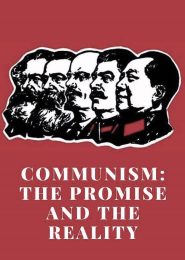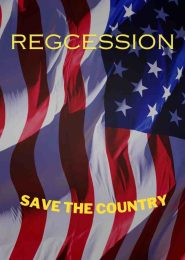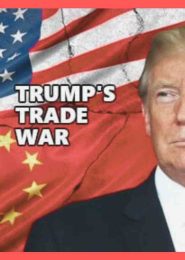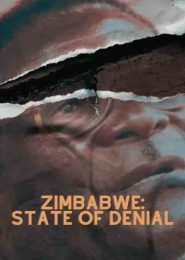The Trap: What Happened to Our Dream of Freedom? (2007)
The Trap: What Happened to Our Dream of Freedom? is a BBC documentary series by filmmaker Adam Curtis, released in 2007. The series delves into the complex concept of freedom, examining how Western societies’ understanding and pursuit of this ideal have evolved and transformed over time.
The documentary unfolds in three parts, each exploring different dimensions of freedom and control in the modern world. The first episode, F**k You Buddy, investigates the rise of game theory during the Cold War and its influence on the perception of human behavior. It presents the idea that individuals are inherently self-serving and competitive, as posited by mathematician John Nash. This perspective has permeated various aspects of society, from economics to politics, shaping policies and systems that assume selfish motivations.
In the second episode, The Lonely Robot, Curtis shifts focus to the application of market models to public services and the quantification of human experiences. He explores the impact of antidepressant drugs, genetic research, and the commodification of education, suggesting that these developments reduce individuals to mere components of a larger system, undermining the essence of personal freedom.
The final episode, We Will Force You to Be Free, contemplates Isaiah Berlin’s distinction between positive and negative freedom. Curtis contrasts the violent and revolutionary aspects of positive freedom with the more passive, unobtrusive nature of negative freedom. Through historical examples and contemporary interventions, such as the Iraq War, the documentary argues that the pursuit of a particular brand of freedom can lead to unintended consequences, sometimes just as oppressive as the tyranny it seeks to overthrow.
Throughout the series, Curtis challenges the viewer to reconsider the meaning of freedom in a society where control mechanisms, often disguised as liberating forces, dictate the parameters of our choices and actions. The Trap is a compelling narrative that questions the very foundations of our democratic systems and the ideologies that drive them, urging a reexamination of what it truly means to be free.




